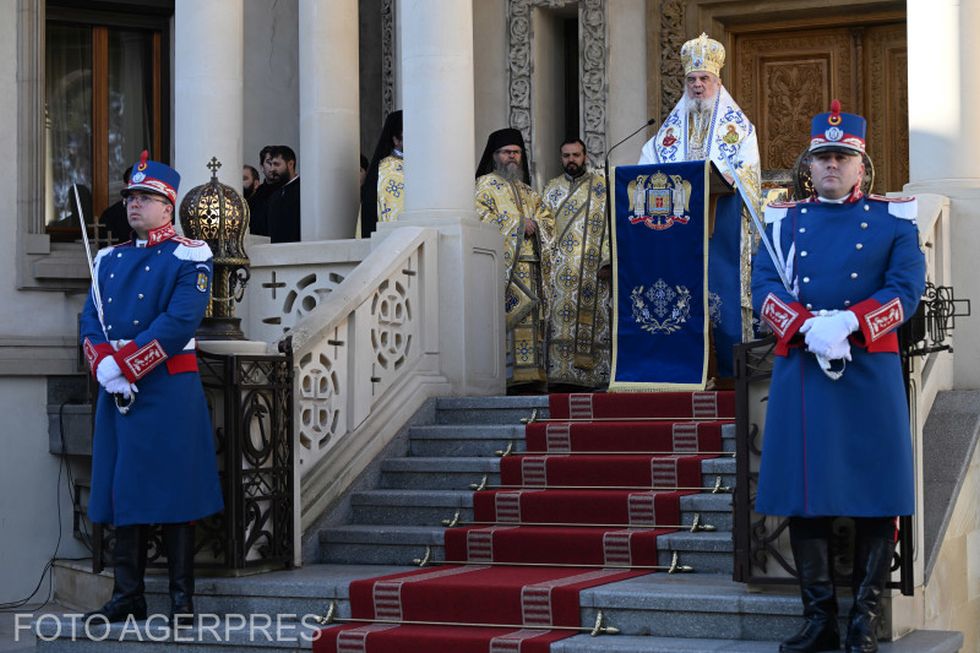Romania and the Helsinki Conference
The 1972 the Helsinki Conference was the first conference to cover Europe as a whole after about 20 years of division.

Steliu Lambru, 22.02.2016, 14:01
The 1972 the Helsinki Conference was the first conference to cover Europe as a whole after about 20 years of division between the democratic West and the communist East. Finland hosted as a neutral nation since it did not belong to either NATO or the Warsaw Pact. The conference was held at the Dipoli conference center in the Espoo area of Helsinki, and was attended by 35 European countries.
Ambitions ran high, as the conference in Helsinki was the first European security and cooperation conference, seeking to tackle all the major political, legal, military, economic, scientific, cultural and humanitarian problems faced by Europeans in the early ‘70s. Like most global conference, it focused on negotiations between the two opposing political, economic and military blocs, and required both sides to consider the others position on such issues.
Romania also took part in the Helsinki conference, and had an active role. Diplomat Valentin Lipatti was a member of the Romanian delegation, and recounted how Romania stood out, in an interview for Radio Romania’s Oral History Center:
“The bilateral consultations that preceded the consultations in Dipoli showed that people were fumbling around in terms of the workings of the future conference. We thought things through better and faster, and we thought ahead. We thought to prepare a set of rules with some proposals for procedures. When we arrived in Dipoli in late November, a few days before the proceedings, we already had in our diplomatic briefcase a set of procedural rules. This had a principle that we never strayed from in 20 years of European negotiations and meetings: that of perfect equality in rights for all participating states, without discrimination, no bigger and smaller states, states with more rights than others, as it usually happens in the UN Security Council, where we have the permanent members with veto power and the non-permanent members who applaud or not, and who don’t really have a word to say. How does this principle of sovereign equality reflect in the procedural rules? Through consensus. The consensus allows each participating state to legitimately defend its rights and interests.”
The European West and East were meeting at the negotiation table two decades after the end of the war to find a common base for cooperation. Even though interests were seen as a reflection of the side each state was on, in reality each country was seeing to its own interests in promoting principles, topics and procedures. Here is Valentin Lipatti:
“The westerners had long blocked the principle of inviolability of frontiers, dear to the Soviets’ heart, and the Soviets were blocking the principles related to human rights and the so-called human dimension of the CSCE (Commission on Security and Cooperation in Europe). And this mutual blocking in the end led to an understanding, a compromise that unblocked things. We ourselves repeatedly blocked consensus every time we felt we were negatively affected, and oftentimes we blocked methodologically. For instance, if we wanted to get from the Soviet delegation a concession on issue A, we were blocking issue C, which interested them. And then we found a solution for mutual unblocking.”
Romania’s initiatives for the running of the conference were well received, and were successful. Here is Valentin Lipatti:
“There were no small size committees, because they violated the consensus and equality of rights. Usually, when a text is drawn up in a regular international conference, a very select working group is formed. That select committee may do a very good job, then submit the final text to the participants for a vote. It’s like when you finish cooking the food and all you have to do is eat it. You can add some salt, or have a glass of wine with it, but the food is prepared. That is why we initiated all the committees, all the working groups, absolutely all of them, from the most important to the apparently most insignificant, which had to be open to everyone. The few democratic norms that imbued the Helsinki Conference with its very special character, a total novelty, were due to Romania. In Dipoli, we presented the first working document for the preliminary multilateral consultations, the procedural norms included these provisions and many more. No one submitted any counter-document, because they were taken by surprise. We managed to be successful with most Romanian proposals. Basically the procedural rules were brought in by Romanians, with small amendments, none of them essential.”
The final act of the Helsinki Conference was signed in 1975, and was called “Measures to Render Effective Refraining the Threat or Use of Force”, Romania sought to promote the principles of disarmament and recognition for the existence of developing countries. In the West, the final document issued in Helsinki was instrumental in the creation of the Organization for Security and Cooperation in Europe in 1990.
(Translated by C. Cotoiu)






























